THE YEAR 1965 saw major global change, with civil rights campaigns, space breakthroughs, and growing tensions in Southeast Asia. The Vietnam War escalated rapidly, while new legislation in the US and UK advanced racial equality. In Britain, the cultural revolution continued with the rise of The Beatles and landmark social reforms. Across the world, newly independent nations emerged, and the space race entered a bold new phase.
Explore our newspaper archives to purchase your own authentic 1965 newspaper!
January
1 January: The farthing officially ceased to be legal tender in the United Kingdom, ending its use after over four centuries.
4 January: Prime Minister Harold Wilson announced the creation of the Ministry of Technology, aimed at driving industrial modernisation through scientific innovation.
7 January: French President Charles de Gaulle reiterated France's intention to pursue greater independence from NATO’s integrated command, continuing a policy of distancing.
9 January: Hullabaloo, an American musical variety show featuring rock and pop performers, debuted on NBC with The New Christy Minstrels and The Zombies.
11 January: The Gambia became a self-governing territory within the British Commonwealth, with Dawda Jawara as its first Prime Minister.
15 January: In South Vietnam, General Nguyễn Khánh was removed from power by rival military factions, highlighting continuing political instability.
Delve deeper into the Vietnam Wa through newspaper history

18 January: The UK Cabinet began discussions on air pollution control measures following smog incidents, contributing to future clean air policies.
20 January: Lyndon B. Johnson was inaugurated for a full presidential term after defeating Barry Goldwater in the November 1964 election.
23 January: The British House of Commons passed a motion supporting the abolition of the death penalty for murder by 200 votes to 98.
24 January: Sir Winston Churchill died in London at the age of 90. He had served twice as British Prime Minister and was widely regarded as one of the 20th century's key statesmen.
30 January: A state funeral for Churchill was held at St. Paul’s Cathedral, attended by global leaders and followed by burial at Bladon, Oxfordshire.
February
1 February: In Selma, Alabama, Dr. Martin Luther King Jr. and over 700 protestors were arrested during a campaign for Black voter registration.
6 February: The UK’s General Post Office Tower (later BT Tower) began operations for microwave telecommunications, although its official opening would occur in October.
15 February: The new Canadian national flag featuring the red maple leaf was raised for the first time in Ottawa, replacing the Red Ensign.
18 February: The Gambia gained independence from the United Kingdom, becoming the 37th African nation to do so.
21 February: Malcolm X was assassinated while addressing the Organisation of Afro-American Unity at the Audubon Ballroom in New York City. Three members of the Nation of Islam were later convicted.
23 February: Filming began on The Beatles’ second feature film, Help!, with early scenes shot in the Bahamas.
Explore the story of the Beatles

24 February: In London, Prime Minister Wilson outlined long-term transport plans including rail modernisation and controversial network reductions aligned with the Beeching Report.
26 February: Jimmie Lee Jackson, a Black civil rights activist, died from gunshot wounds inflicted by an Alabama state trooper during a peaceful protest 11 days earlier.
28 February: Following attacks on US personnel in South Vietnam, President Johnson ordered retaliatory airstrikes against North Vietnamese targets, initiating Operation Flaming Dart.
March
1 March: NASA’s Ranger 8 spacecraft successfully completed its mission, transmitting over 7,000 photos of the Moon before impacting the lunar surface.
7 March: The first Selma-to-Montgomery march ended in violence on Edmund Pettus Bridge, where demonstrators were attacked by police in what became known as “Bloody Sunday.”
8 March: The first US ground combat troops — 3,500 Marines — landed at Da Nang in South Vietnam, marking the beginning of large-scale American military involvement.
15 March: President Johnson delivered a televised address urging Congress to pass voting rights legislation, stating, “We shall overcome.”
18 March: Soviet cosmonaut Alexei Leonov became the first human to conduct a spacewalk, stepping outside Voskhod 2 for 12 minutes in low Earth orbit.
20 March: The US spacecraft Ranger 9 launched successfully and later transmitted high-resolution photos of the Moon before impact.
21 March: Dr. King led a second march from Selma to Montgomery with federal protection; the demonstration proceeded without violence.
23 March: Gemini 3, the first crewed flight of NASA’s Gemini programme, was launched with astronauts Gus Grissom and John Young aboard. It completed three Earth orbits.
25 March: The Selma march concluded with 25,000 demonstrators reaching Montgomery, where Dr. King delivered his "How Long? Not Long" speech at the state capitol.
29 March: The UK abolished the Office of Lord High Steward as a permanent office, reflecting continuing constitutional modernisation.
April
1 April: The UK introduced selective employment measures to encourage growth in manufacturing, laying groundwork for the Selective Employment Tax proposed later that year.
3 April: At the 37th Academy Awards, My Fair Lady won Best Picture, and Rex Harrison received Best Actor for his role as Professor Henry Higgins.

My Fair Lady. Image: Variety
6 April: Intelsat I, also known as Early Bird, was launched into orbit. It became the first commercial communications satellite to provide transatlantic telephone and television signals.
11 April: A massive tornado outbreak, known as the Palm Sunday Tornadoes, killed 271 people and injured over 1,500 across six US states.
12 April: The British Cabinet discussed the impact of North Sea gas exploration, anticipating changes in energy supply and national infrastructure.
18 April: Luna 5, a Soviet Moon probe, launched successfully but later crashed onto the lunar surface after a guidance failure.
21 April: The United Nations Security Council urged restraint from India and Pakistan amid rising tensions over Kashmir.
24 April: The Pennine Way officially opened as the UK’s first national trail, stretching 268 miles from Derbyshire to the Scottish Borders.
28 April: The United States sent 22,000 troops to the Dominican Republic to prevent what it feared was a leftist revolution during a civil war.
30 April: The Rolling Stones released “The Last Time,” which became their first UK No. 1 single written by Jagger and Richards.
May
2 May: Viet Cong forces attacked the US airbase at Da Nang, killing two American servicemen and damaging aircraft.
5 May: The first major US demonstration against the Vietnam War was held in Washington, D.C., with around 25,000 protestors participating.
8 May: British trade unionist Frank Cousins resigned as Minister of Technology due to disagreements over incomes policy and the government's economic strategy.
11 May: The Rolling Stones recorded “(I Can’t Get No) Satisfaction” at RCA Studios in Hollywood. It became a global hit and one of their most recognisable songs.
Learn more about the Rolling Stones through newspaper headlines

12 May: West Germany and Israel formally established diplomatic relations. In protest, several Arab nations severed ties with West Germany.
14 May: Luna 5 impacted the Moon after failing to perform a soft landing. It marked the Soviet Union's second failed lunar landing attempt of the year.
18 May: Queen Elizabeth II officially opened Terminal 3 at Heathrow Airport, significantly expanding the airport’s capacity for long-haul flights.
25 May: In Lewiston, Maine, Muhammad Ali retained his heavyweight title after knocking out Sonny Liston in the first round of their rematch. The punch was highly controversial and later dubbed the “phantom punch.”
27 May: Bob Dylan performed with electric instruments at the Royal Albert Hall, challenging the expectations of the British folk scene and previewing a musical shift later cemented at Newport.
29 May: The Commonwealth Prime Ministers’ Conference opened in London, with leaders debating Rhodesia’s move toward unilateral independence.
June
3 June: Astronaut Ed White conducted the first American spacewalk during the Gemini 4 mission, spending over 20 minutes outside the spacecraft.
6 June: Queen Elizabeth II arrived in West Germany for a state visit, the first by a British monarch to Germany since before World War I.
7 June: Sony introduced the CV-2000 video tape recorder in Japan, marking the beginning of consumer-accessible home video recording.
10 June: The Beatles were awarded MBEs (Member of the Order of the British Empire) by Queen Elizabeth II, causing controversy among some traditionalists.

The Beatles. Image: Wikipedia
13 June: The Beatles released “Yesterday” as part of the Help! album in the UK; it would later be released as a single in the US and become one of the most covered songs in history.
15 June: The first US B-52 bombing raids over South Vietnam were carried out, targeting suspected Viet Cong positions near Saigon.
18 June: Over 30,000 protestors demonstrated in London against the Vietnam War, one of the UK’s earliest mass anti-war marches.
22 June: The minimum legal driving age in the UK was confirmed at 17 years, with updated driver testing standards introduced.
24 June: The first British hovercraft service began between Southsea and Ryde, Isle of Wight, cutting travel time significantly.
28 June: The US Senate passed the Social Security Amendments of 1965, laying the foundation for Medicare and Medicaid.
30 June: The UK’s Royal Navy commissioned HMS Resolution, Britain’s first nuclear-powered ballistic missile submarine.
July
1 July: The US reintroduced the military draft lottery system, expanding draft calls to meet the growing demands of the Vietnam War.
6 July: The Beatles’ film Help! premiered at the London Pavilion in the West End. The comedic spy parody featured performances of several new songs.
8 July: Ronald Biggs, one of the Great Train Robbery gang members, escaped from Wandsworth Prison in London by climbing over the wall with a rope ladder.
10 July: The Rolling Stones scored a UK No. 1 hit with “(I Can’t Get No) Satisfaction,” which had been released in the US the previous month.
14 July: NASA's Mariner 4 spacecraft transmitted the first close-up images of Mars, revealing a cratered surface and dispelling theories of vegetation or canals.
15 July: Prime Minister Harold Wilson met with US President Lyndon B. Johnson in Washington to discuss the Vietnam War and Anglo-American trade relations.
18 July: The Mont Blanc Tunnel, linking France and Italy beneath the Alps, was opened to traffic after eight years of construction.
21 July: Sir Alec Douglas-Home resigned as leader of the Conservative Party. Edward Heath was elected as his successor the following day.
23 July: British Rail implemented a new colour-coded signage system as part of its network-wide rebranding.
25 July: Bob Dylan controversially “went electric” at the Newport Folk Festival, performing with a full band and alienating some folk music purists.

Bob Dylan playing at the Newport Folk Festival. Image: Wikipedia
27 July: President Johnson ordered an increase of 50,000 US troops to Vietnam, bringing the total to over 125,000.
30 July: The Medicare and Medicaid bill was passed by the US House of Representatives, ensuring publicly funded healthcare for the elderly and poor.
August
6 August: President Lyndon B. Johnson signed the Voting Rights Act into law, banning discriminatory practices such as literacy tests and poll taxes that had prevented African Americans from voting.
8 August: The Beatles performed their final UK concert at the ABC Theatre in Blackpool, marking the end of their domestic touring.
9 August: Singapore officially separated from Malaysia and declared independence, becoming a sovereign republic.
11 August: The Watts Riots began in Los Angeles following the arrest of an African American man. The unrest lasted six days and resulted in 34 deaths and over 1,000 injuries.
13 August: The Beatles released the album Help! in the UK, featuring the title track and other hits such as “Ticket to Ride” and “Yesterday.”
15 August: The Beatles played to a record crowd of over 55,000 fans at Shea Stadium in New York City, in what is widely regarded as the birth of stadium rock concerts.
17 August: Prime Minister Wilson reaffirmed Britain's support for American policy in Vietnam in a statement to Parliament, despite growing public opposition.
19 August: NASA launched Gemini 5 with astronauts Gordon Cooper and Pete Conrad. The mission lasted eight days and demonstrated the viability of long-duration spaceflight.
20 August: The British government passed the Race Relations Act, prohibiting racial discrimination in public places, the first legislation of its kind in the UK.
25 August: The US began Operation Starlite, its first major offensive action of the Vietnam War involving American ground troops.
29 August: The UK announced plans to introduce decimal coinage, with full implementation scheduled for 1971.
31 August: The Indo-Pakistani War escalated with a major Pakistani military operation in Kashmir.
September
1 September: The United States Department of Housing and Urban Development (HUD) was established, becoming the newest Cabinet-level agency.
5 September: The Indo-Pakistani War intensified as Pakistani troops crossed the ceasefire line into Indian-administered Kashmir.
6 September: India launched a full-scale military response, marking the beginning of open warfare between the two countries.
9 September: Hurricane Betsy made landfall in Louisiana, causing catastrophic flooding in New Orleans and resulting in 76 deaths and $1 billion in damage.
11 September: The Beatles released “Yesterday” as a single in the United States, where it quickly became a chart-topping hit.
14 September: The British TV arts magazine The Money Programme debuted on BBC2, offering economic analysis to the general public.
17 September: India captured the key Pakistani city of Lahore during fierce fighting in Punjab Province.
18 September: British Prime Minister Harold Wilson called for an immediate ceasefire in the Indo-Pakistani War and offered to mediate peace.
20 September: The UN Security Council passed a resolution demanding a ceasefire between India and Pakistan.
22 September: A ceasefire took effect between India and Pakistan after diplomatic pressure from the UN, the US, and the USSR.
28 September: Cuban leader Fidel Castro delivered a 5-hour speech at the UN General Assembly denouncing US imperialism and declaring Cuba a Marxist–Leninist state.

Fidel Castro. Image: Wikipedia
30 September: The British government introduced new currency designs in anticipation of decimalisation, including the 50 pence coin.
October
3 October: US President Johnson signed the Immigration and Nationality Act into law, ending the previous quota system based on national origin and opening US immigration to Asia and Africa.
4 October: Pope Paul VI arrived in New York and became the first reigning pope to visit the Western Hemisphere, addressing the United Nations General Assembly.
8 October: The General Post Office (GPO) Tower in London was officially opened by Prime Minister Harold Wilson, standing at 177 metres tall and symbolising the UK’s technological progress.
10 October: The Red Guards movement gained momentum in China as Mao Zedong called for revolutionary action among youth against perceived capitalist influences.
13 October: Ian Brady and Myra Hindley were arrested near Manchester after a witness reported suspicious activity; their involvement in the Moors Murders soon came to light.
15 October: A nationwide anti-Vietnam War protest known as the International Days of Protest began, with demonstrations across the US and Europe.
18 October: The USSR's Luna 7 mission crash-landed on the Moon after a failed descent, marking another unsuccessful Soviet attempt at a soft landing.
21 October: The UN General Assembly adopted a resolution condemning apartheid in South Africa and urging economic sanctions.
24 October: In the UK, London’s Victoria Line construction officially began, with plans to become the first fully automated underground line.
28 October: Pope Paul VI issued Nostra Aetate, a landmark Vatican II declaration promoting interfaith dialogue and ending the doctrine of collective Jewish guilt for Christ's death.
30 October: Rhodesia’s white minority government began preparations for a Unilateral Declaration of Independence from Britain.
November
1 November: The UK introduced a national speed limit of 70 mph on all previously unrestricted roads, following a series of fatal motorway accidents.
2 November: Norman Morrison, a Quaker from Baltimore, immolated himself outside the Pentagon in protest of the Vietnam War.
9 November: A major power outage in the northeastern United States and parts of Canada left over 30 million people without electricity for up to 13 hours.
11 November: The UK commemorated Armistice Day with a national two-minute silence, as attention turned toward postwar remembrance.
14 November: The Battle of Ia Drang began in Vietnam. It was the first major battle between US forces and the North Vietnamese Army, with heavy casualties on both sides.
15 November: Ian Brady and Myra Hindley were formally charged with multiple counts of child murder after police discovered photographic and audio evidence.

Ian Brady and Myra Hindley. Image: Wikipedia
18 November: Craig Breedlove broke the land speed record at the Bonneville Salt Flats, reaching 600.601 mph in his jet-powered Spirit of America vehicle.
22 November: The Beatles released the double A-side single “Day Tripper” and “We Can Work It Out” in the UK, both of which went to No. 1.
24 November: Joseph Désiré Mobutu seized power in the Congo via a coup d’état, beginning a long period of authoritarian rule.
30 November: Barbados was granted full internal self-government under Prime Minister Errol Barrow ahead of independence the following year.
December
3 December: India and Pakistan confirmed adherence to the ceasefire brokered by the United Nations, ending the hostilities of the Second Indo-Pakistani War.
5 December: A Charlie Brown Christmas premiered on CBS in the United States, becoming an instant holiday classic and winning both an Emmy and a Peabody Award.
8 December: The Second Vatican Council concluded after more than three years, having introduced sweeping reforms to the Catholic Church’s liturgy, governance, and interfaith outlook.
9 December: Kecksburg UFO Incident occurred in Pennsylvania, when a fireball crashed into a wooded area, sparking widespread public curiosity and military secrecy.
15 December: Gemini 6 and Gemini 7 successfully completed the first manned space rendezvous in orbit, coming within one foot of each other, proving essential space docking techniques.
18 December: Charles de Gaulle was re-elected President of France, defeating François Mitterrand with 55% of the vote in a second-round runoff.
20 December: Thunderball, the fourth James Bond film starring Sean Connery, premiered in the UK and became the highest-grossing Bond film to date.
22 December: The British Parliament passed the Murder (Abolition of Death Penalty) Act, suspending capital punishment for murder in England, Wales, and Scotland for five years.
24 December: The Beatles’ annual Christmas record for fan club members was released, featuring comedic skits and original songs recorded especially for the occasion.
28 December: Ferdinand Marcos was inaugurated as President of the Philippines after winning a closely contested election against incumbent Diosdado Macapagal.
Key Events of 1965
The Voting Rights Act
The Voting Rights Act was signed into law by US President Lyndon B. Johnson on 6 August, marking a major legislative victory for the civil rights movement. It outlawed discriminatory practices such as literacy tests, poll taxes, and other tactics used to suppress Black voters across the American South. The Act followed the events of the Selma-to-Montgomery marches, including “Bloody Sunday,” when peaceful protestors were brutally attacked by state troopers. Its passage led to a dramatic increase in voter registration among African Americans and reinforced federal authority to oversee elections in historically discriminatory states.
Escalation of the Vietnam War
IN MARCH 1965, the United States committed its first ground troops to Vietnam, with 3,500 Marines landing at Da Nang. This marked a turning point in the conflict, shifting US involvement from military advisory support to full combat operations. By the end of the year, more than 180,000 American soldiers were deployed in Southeast Asia, and bombing raids intensified under Operation Rolling Thunder. Public opposition to the war also began to grow rapidly, with mass protests emerging in both the United States and the United Kingdom.
Advances in Space Exploration
THE COLD WAR rivalry between the United States and the Soviet Union drove major achievements in space exploration during 1965. On 18 March, Soviet cosmonaut Alexei Leonov became the first human to walk in space, exiting the Voskhod 2 spacecraft for twelve minutes. The United States responded with several successful Gemini missions, including the first American spacewalk by Ed White and the groundbreaking rendezvous of Gemini 6 and Gemini 7 in December. These milestones helped establish the technological capabilities required for future crewed missions to the Moon.
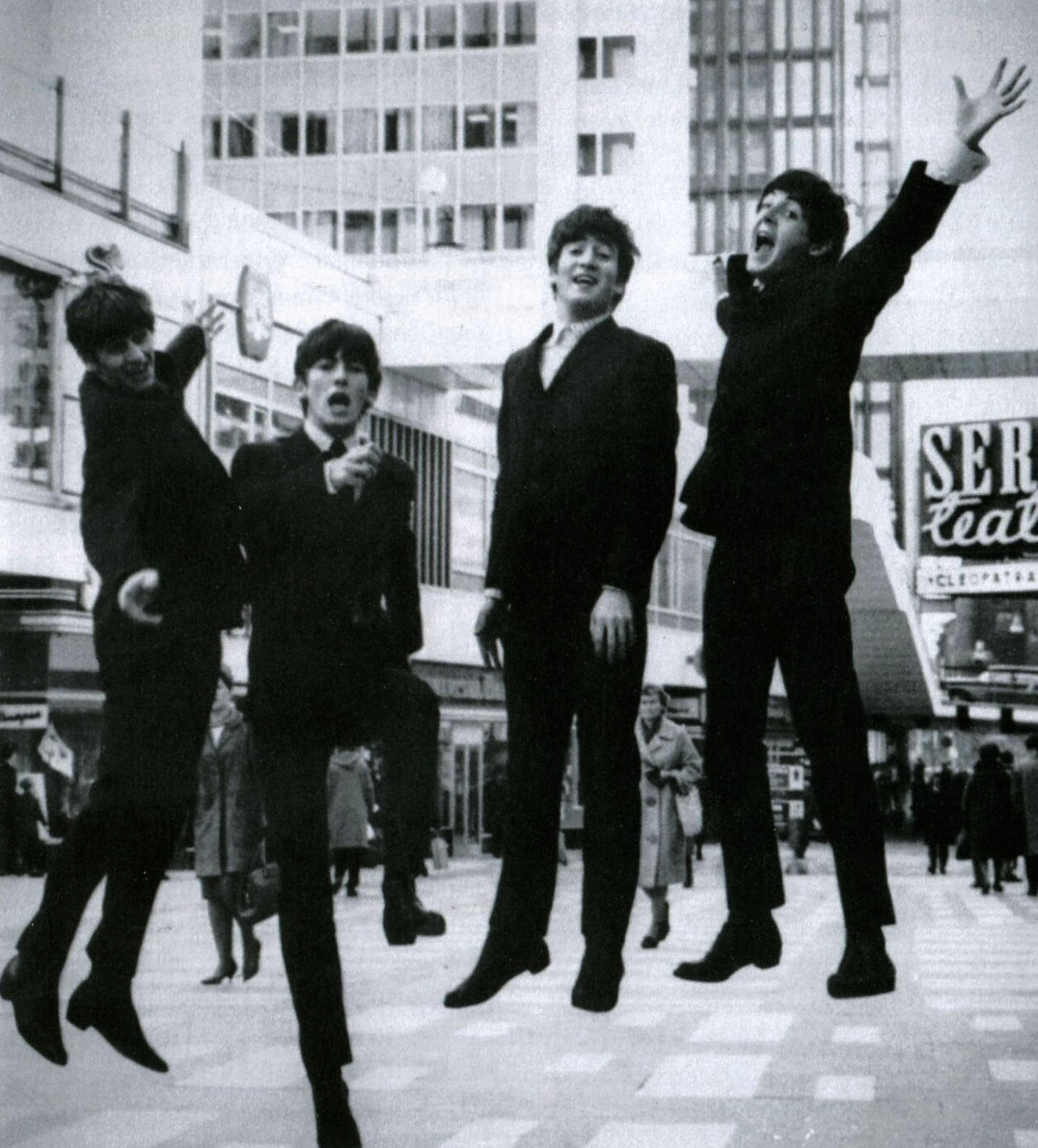

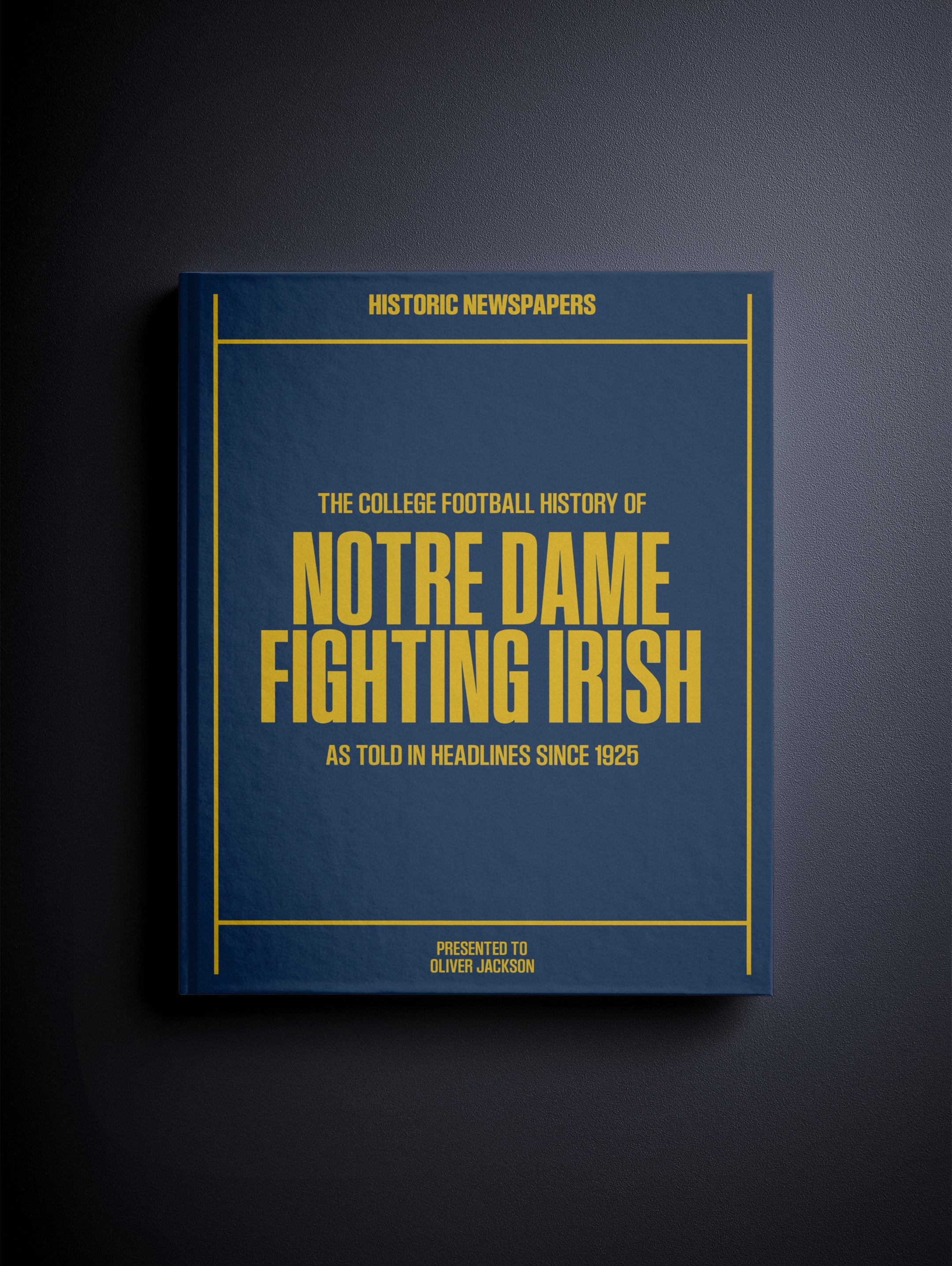
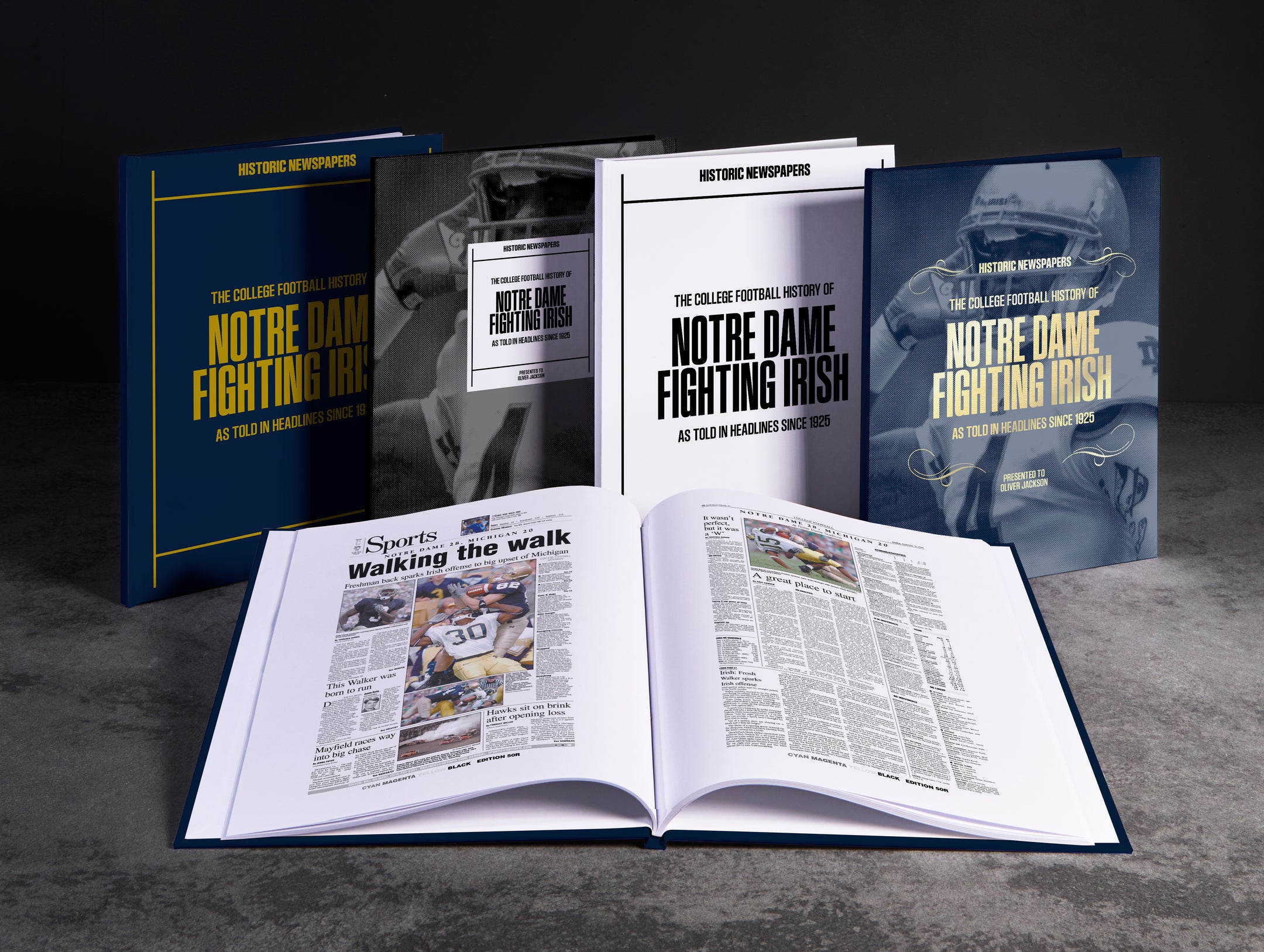
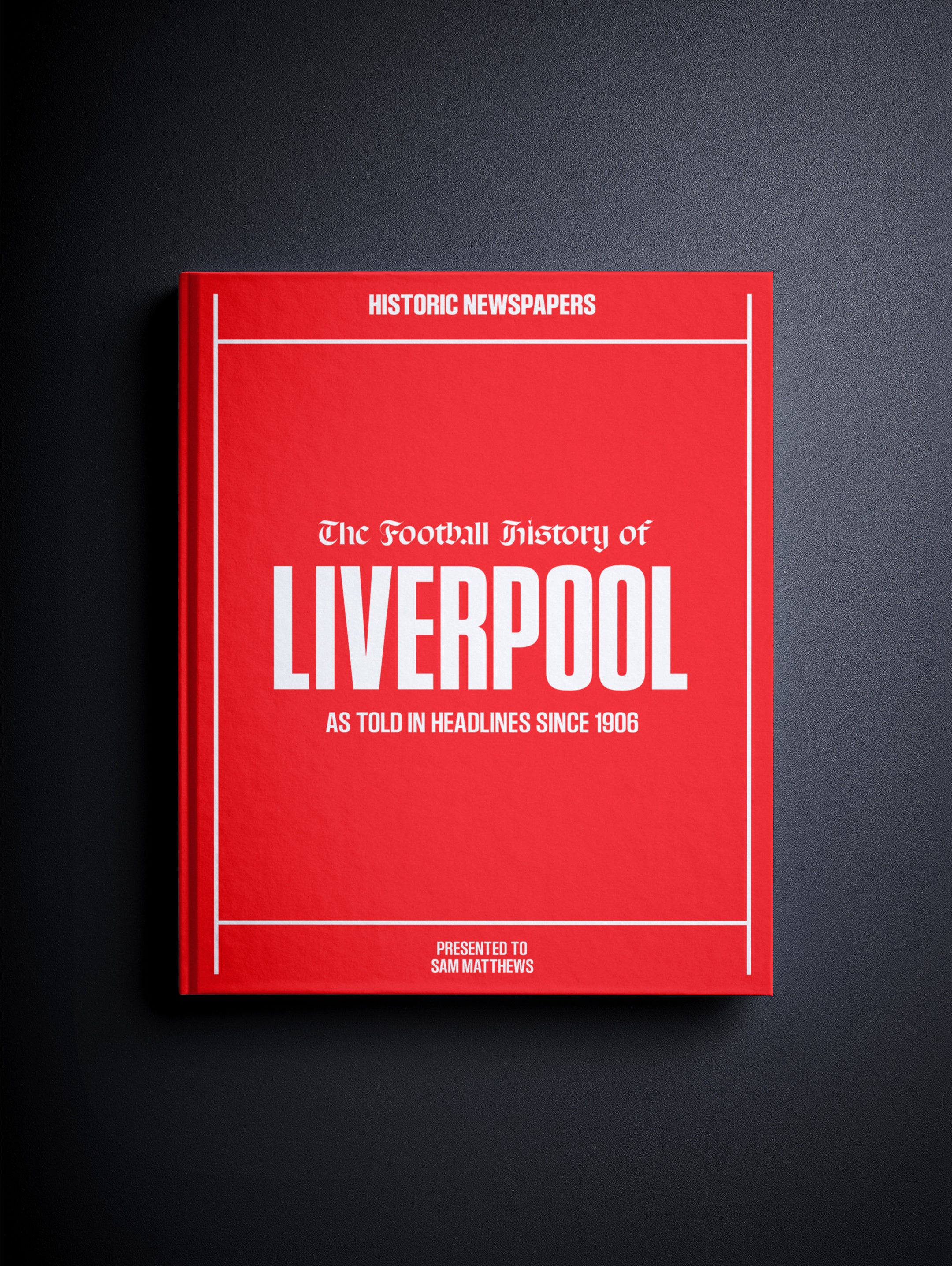



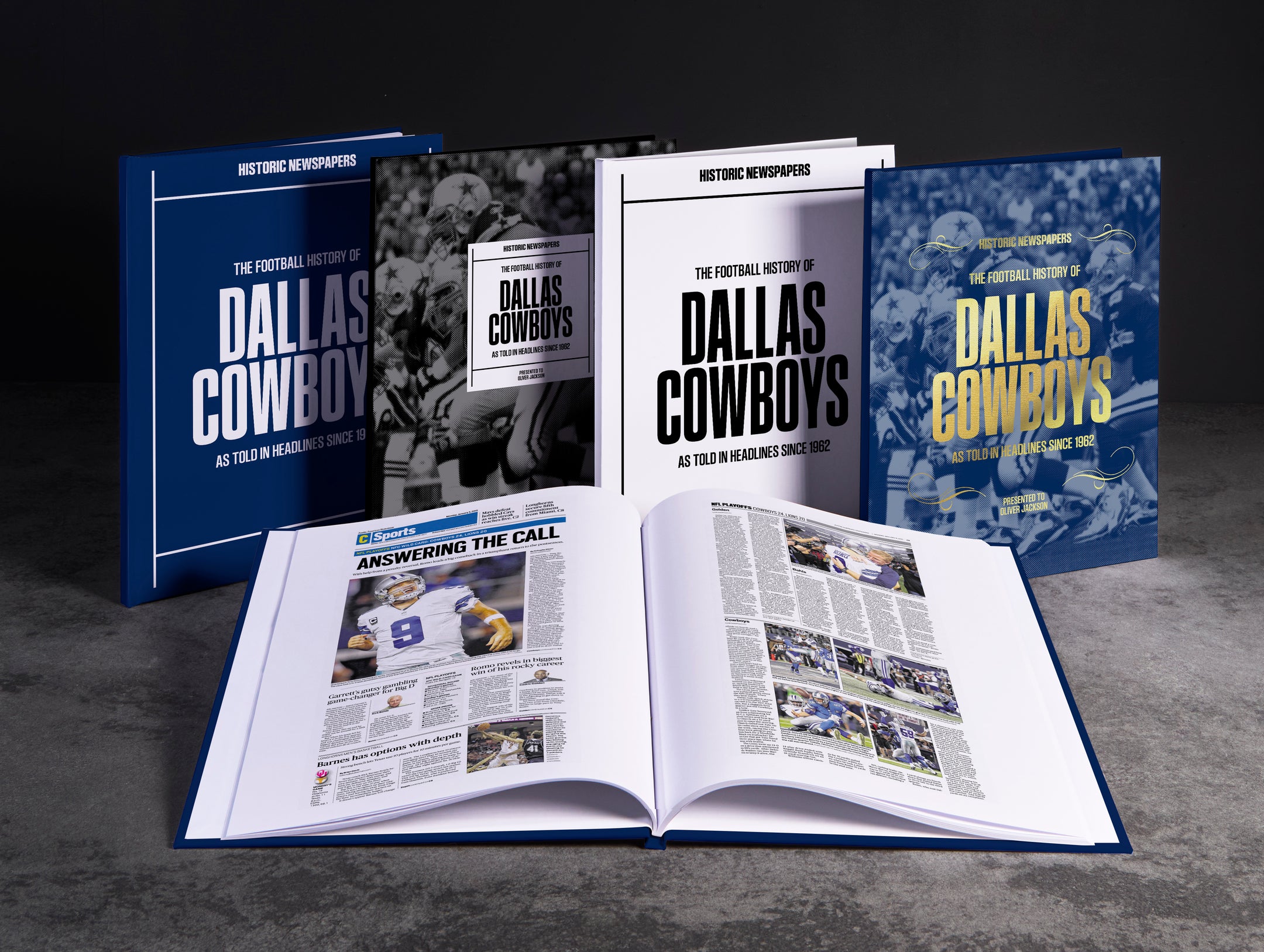
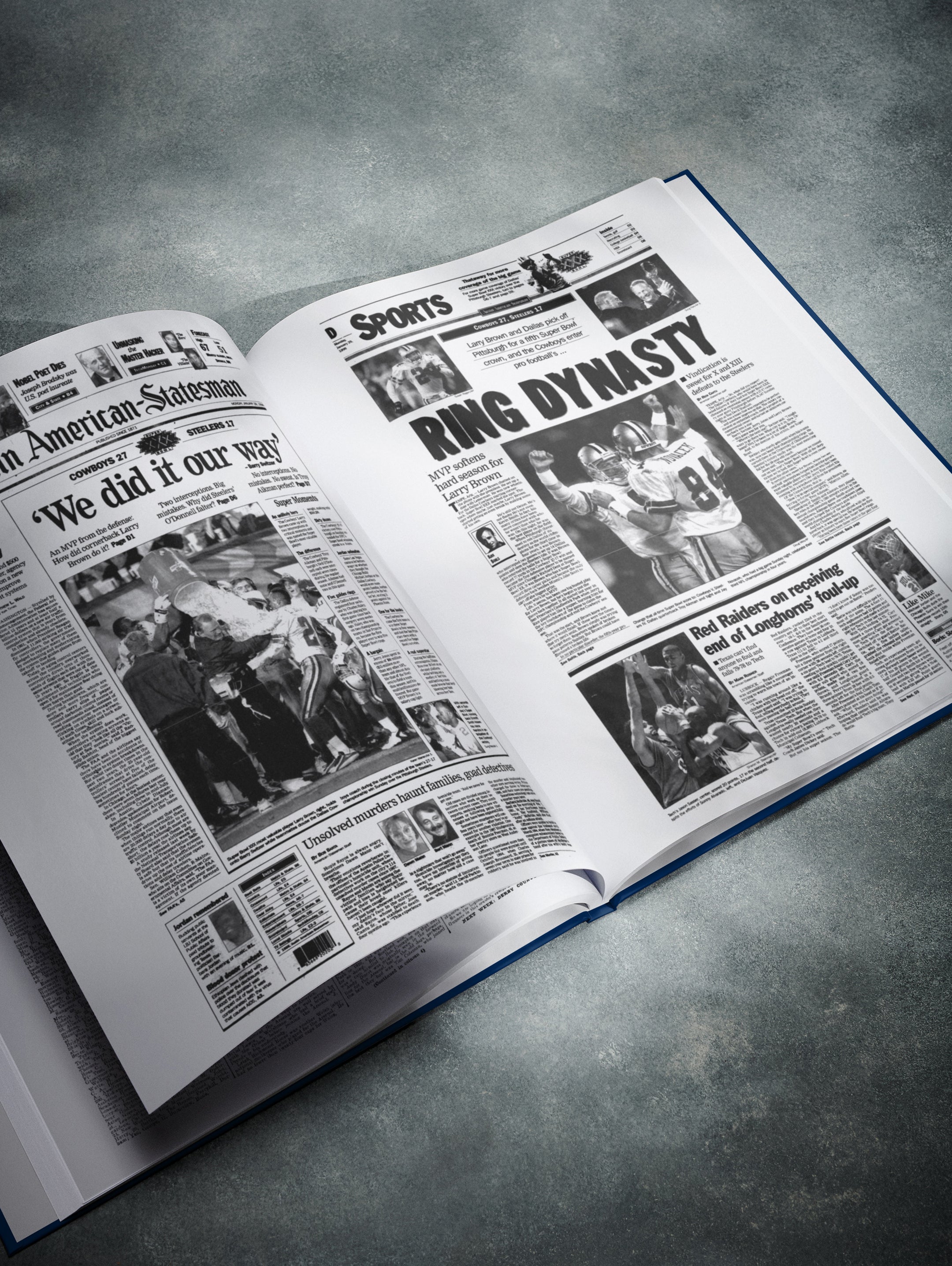
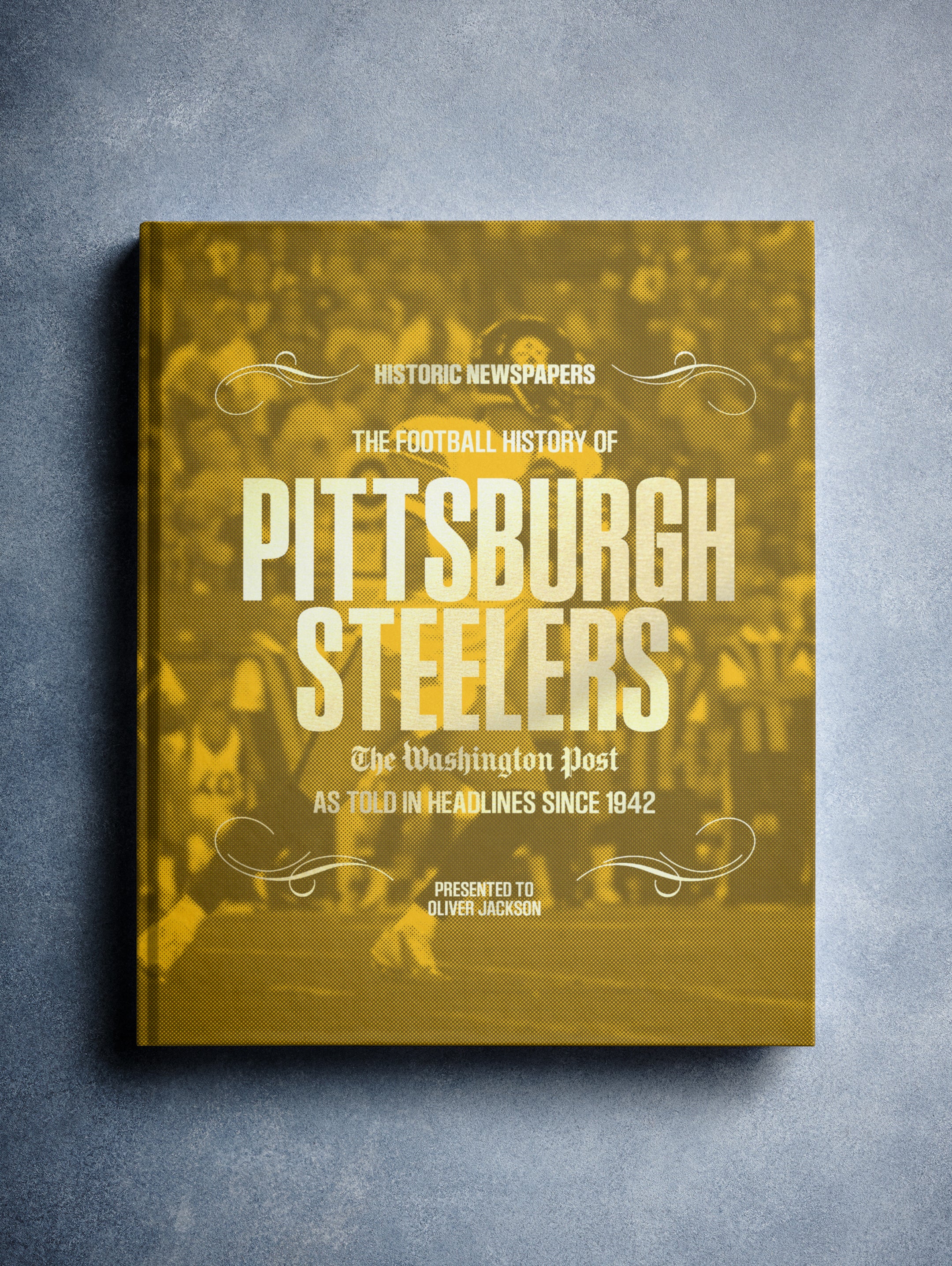

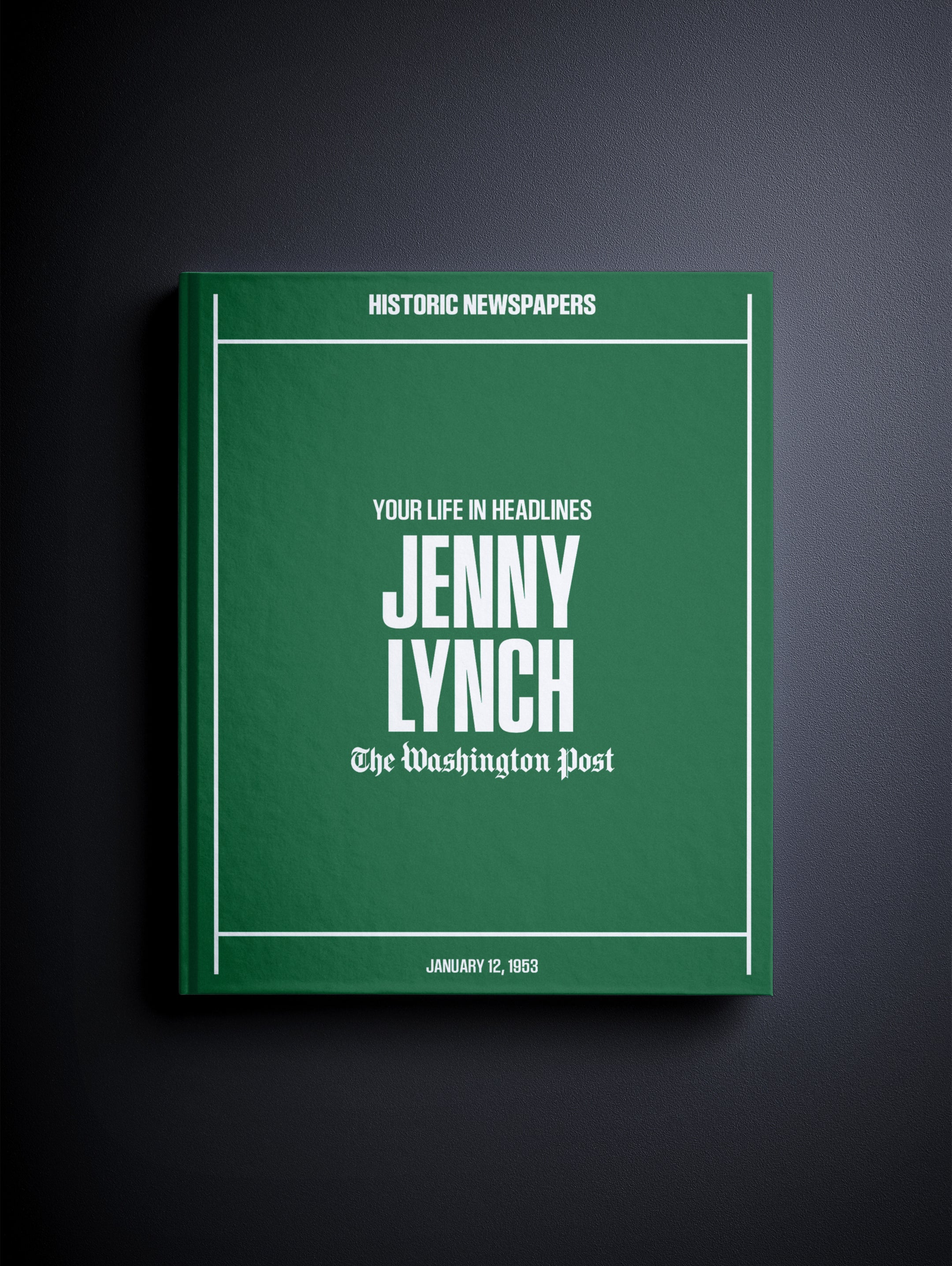
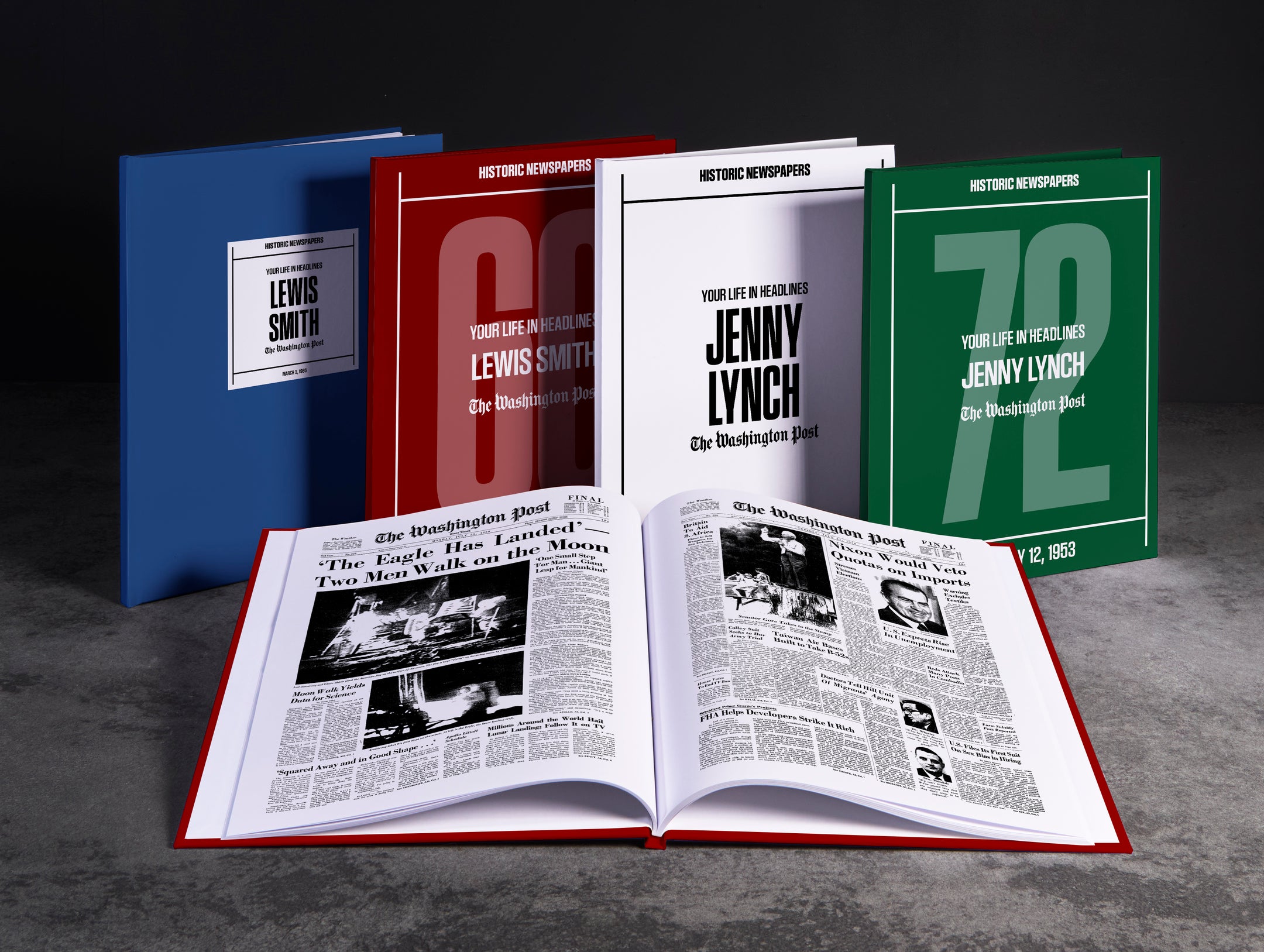


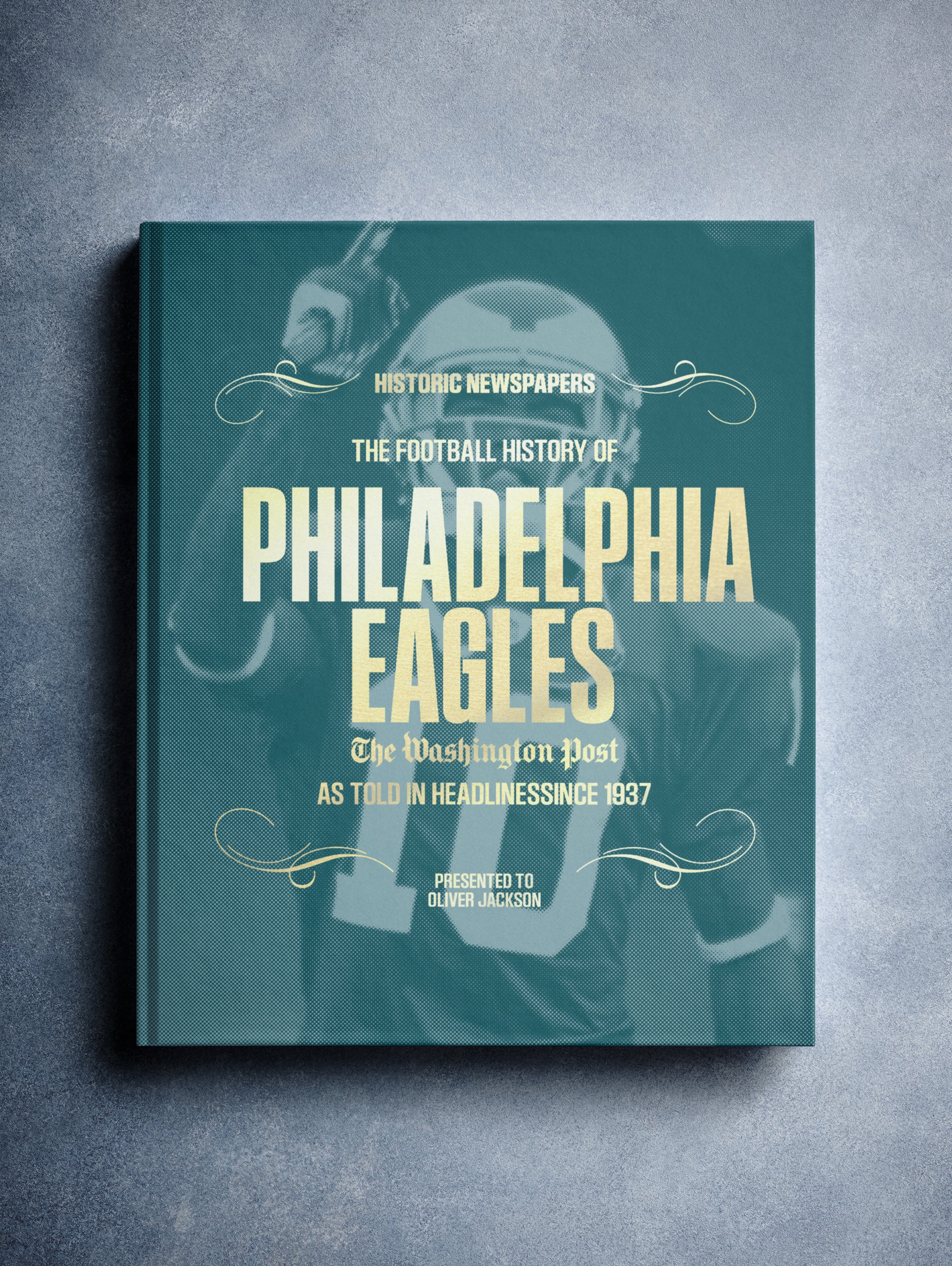

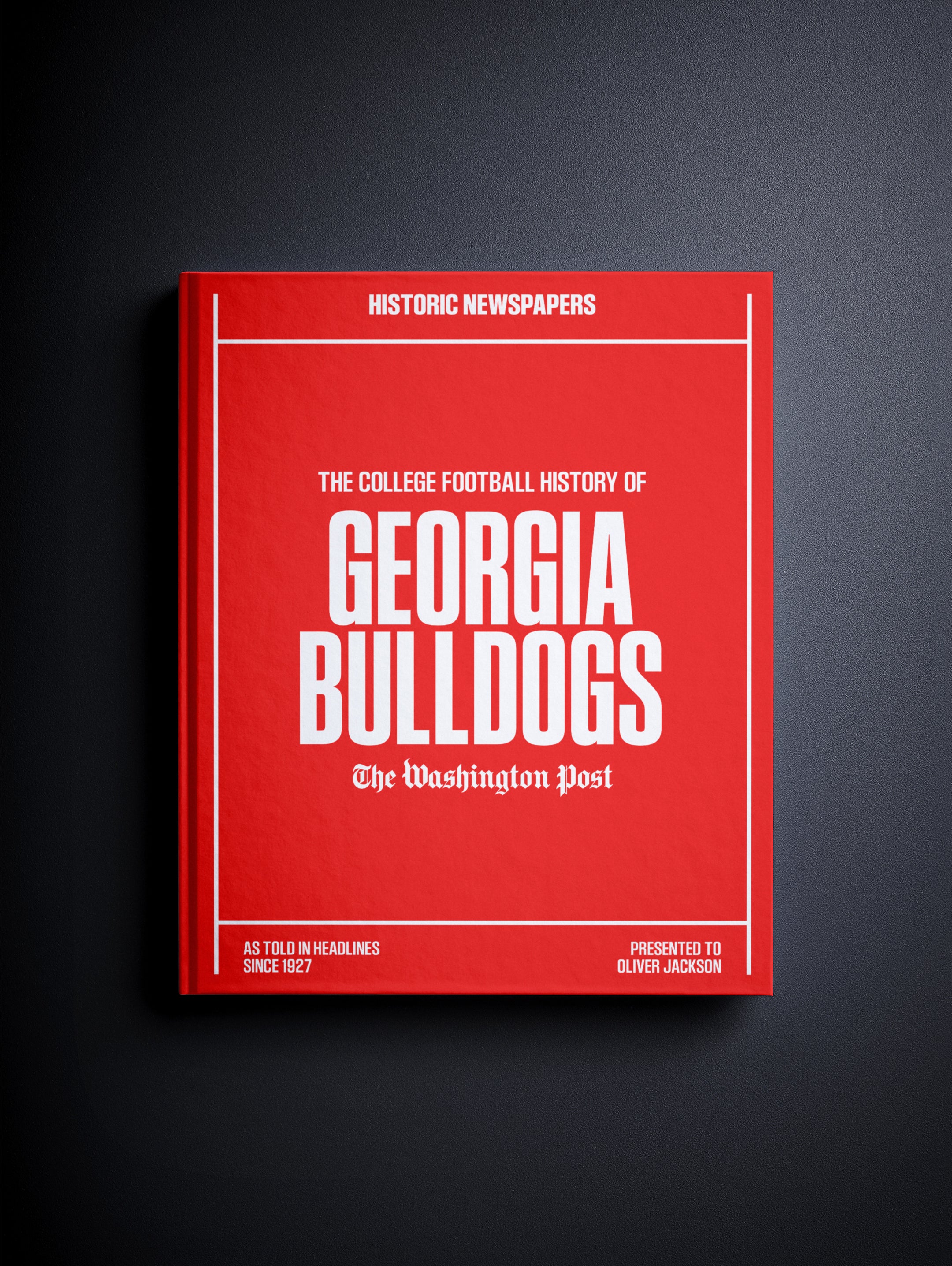

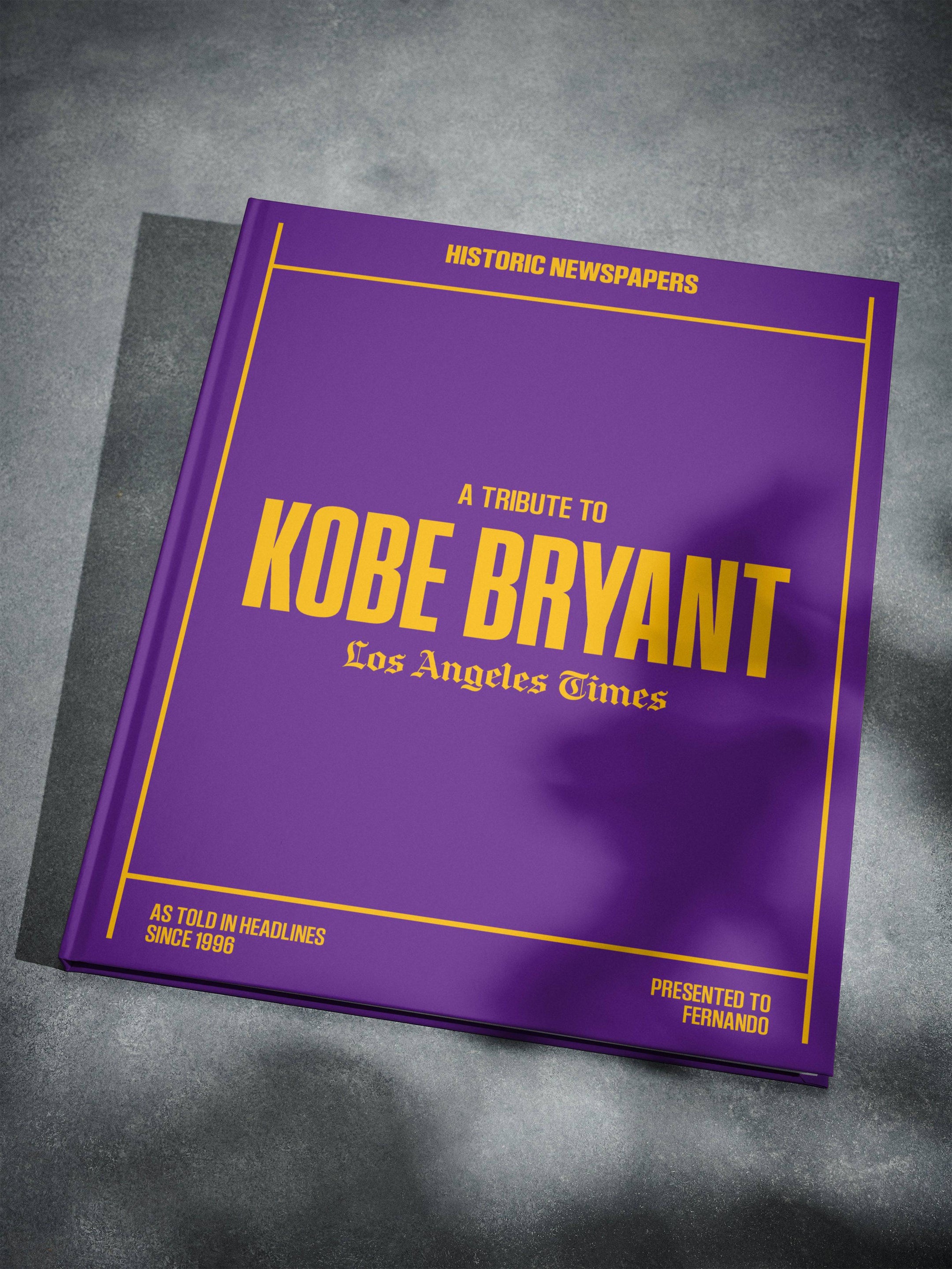
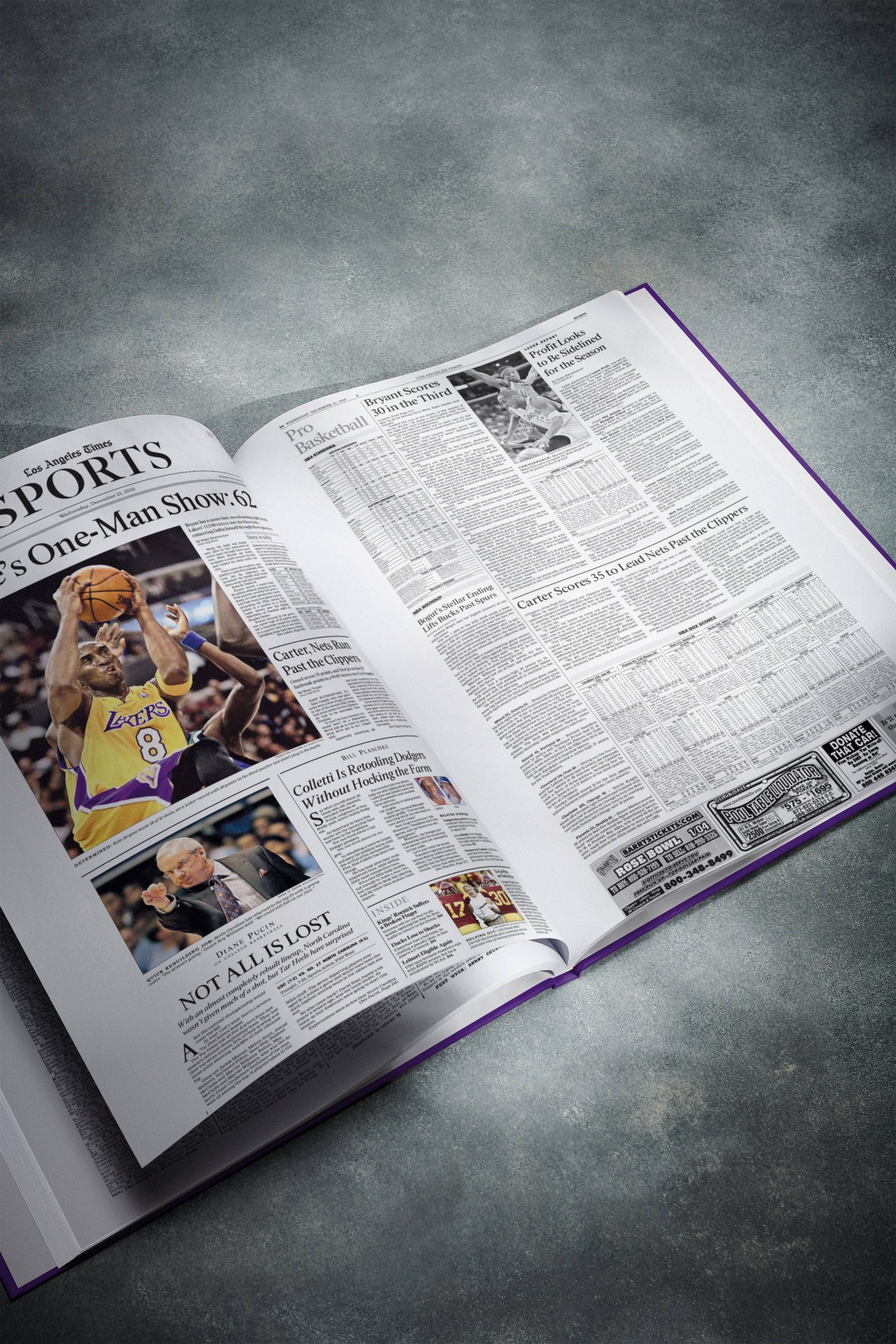
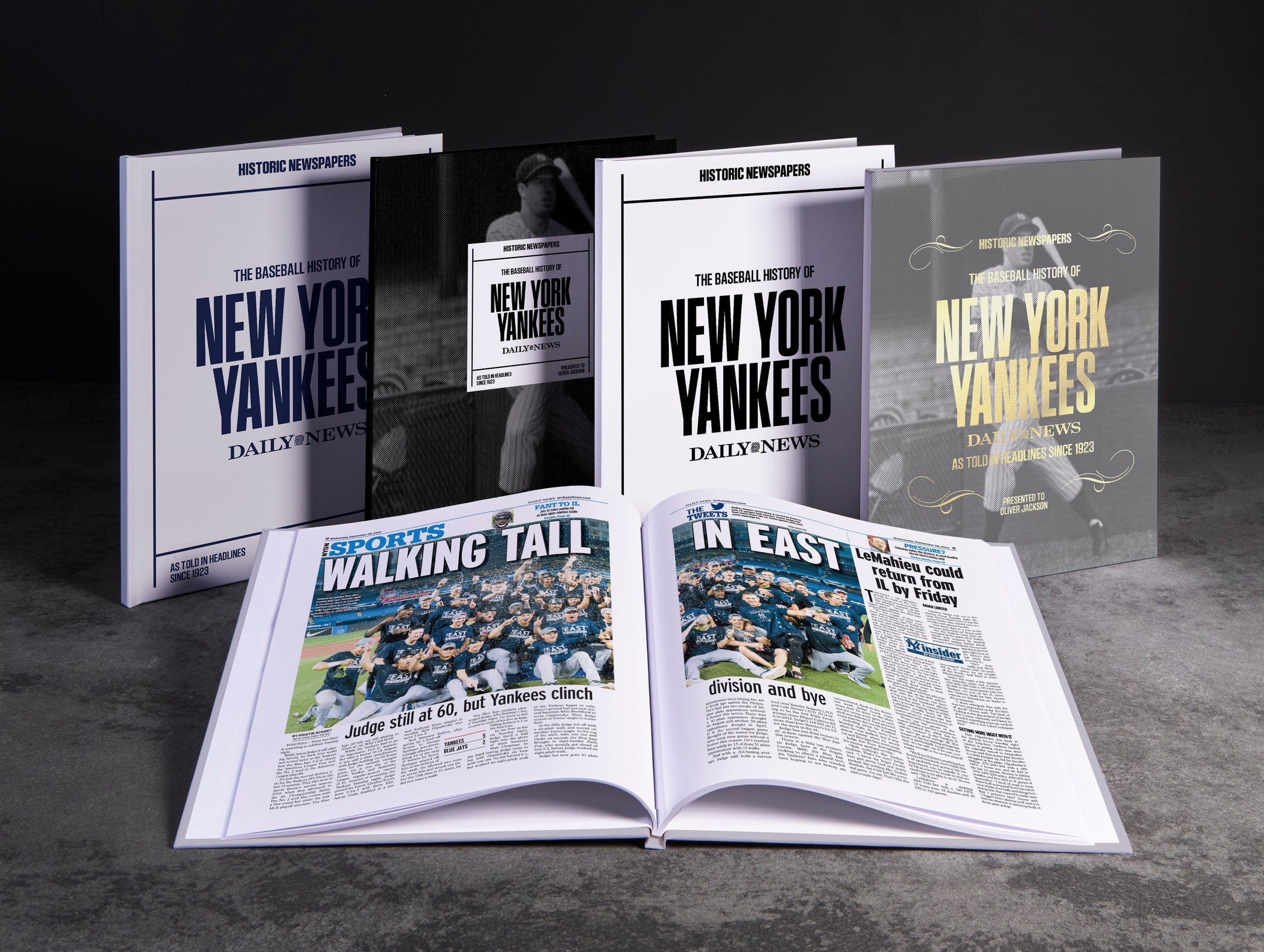
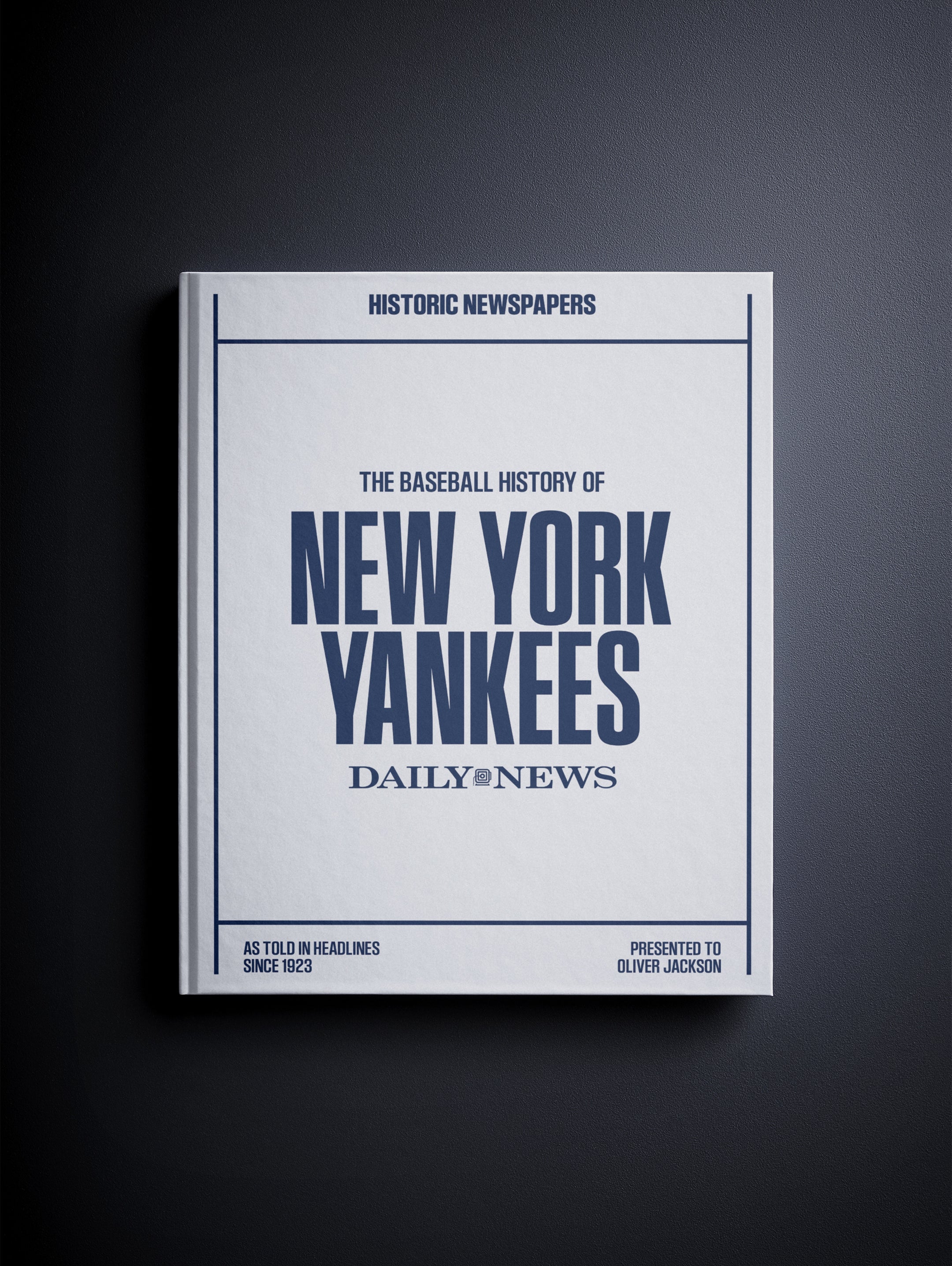
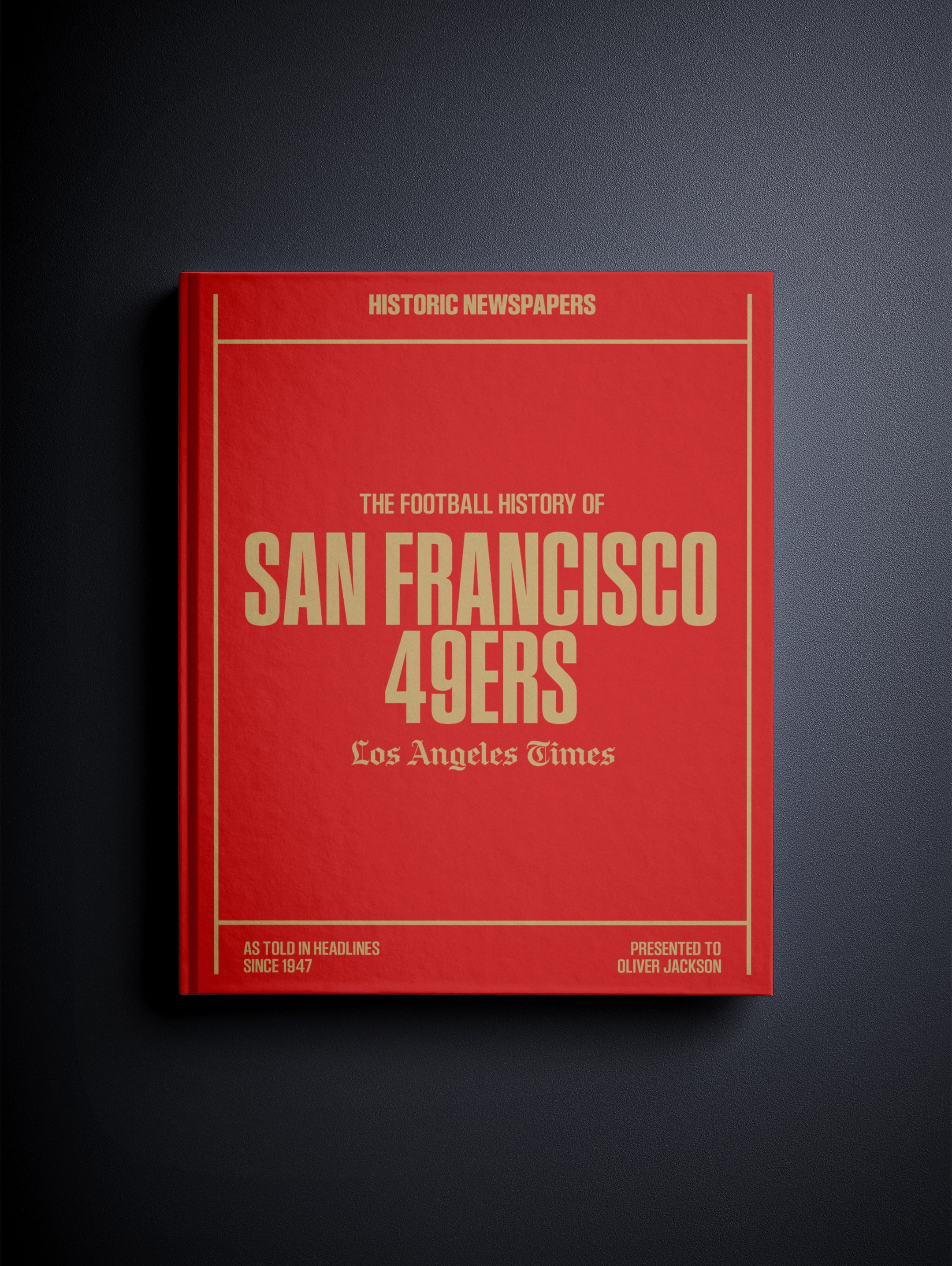
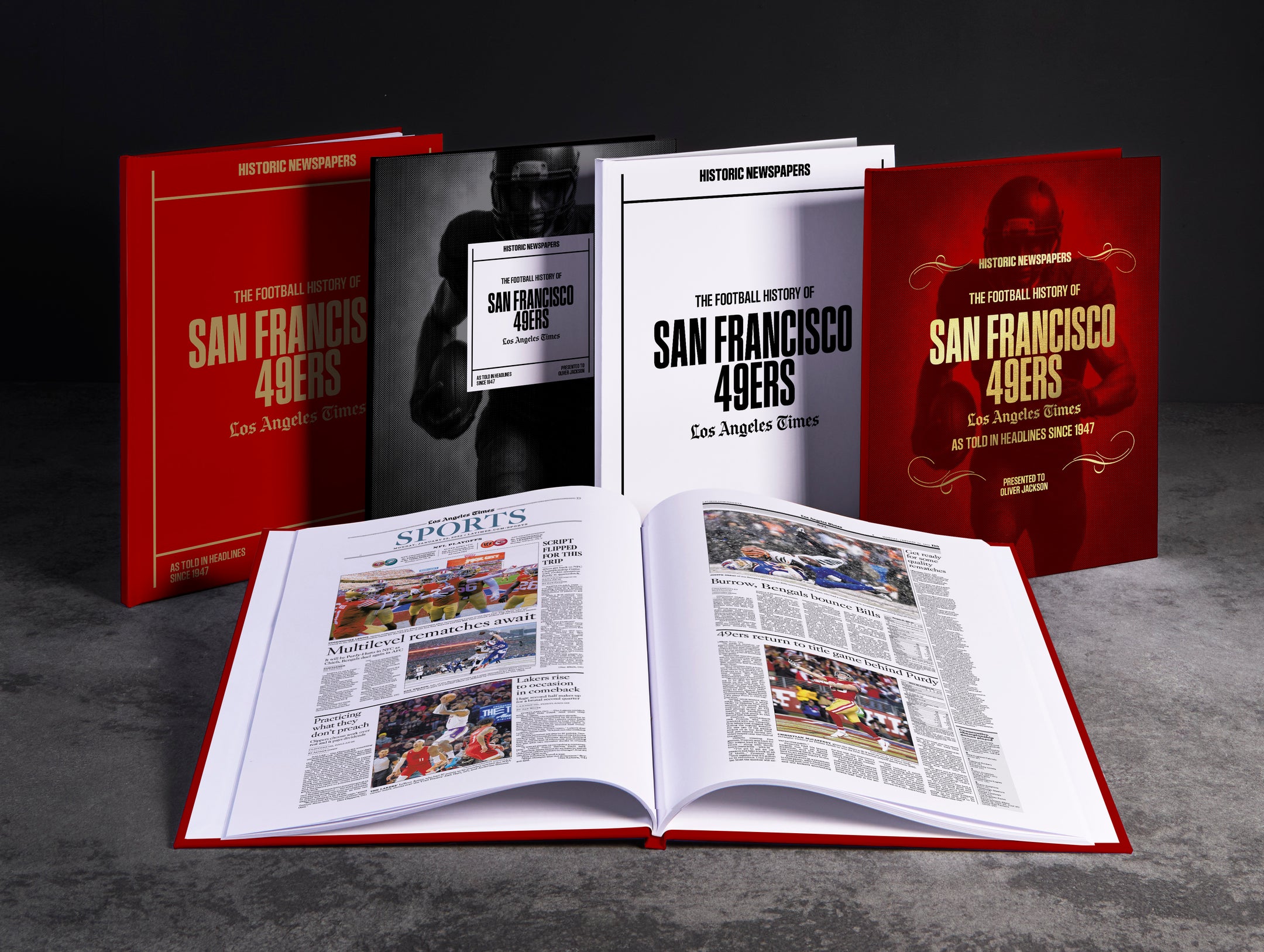
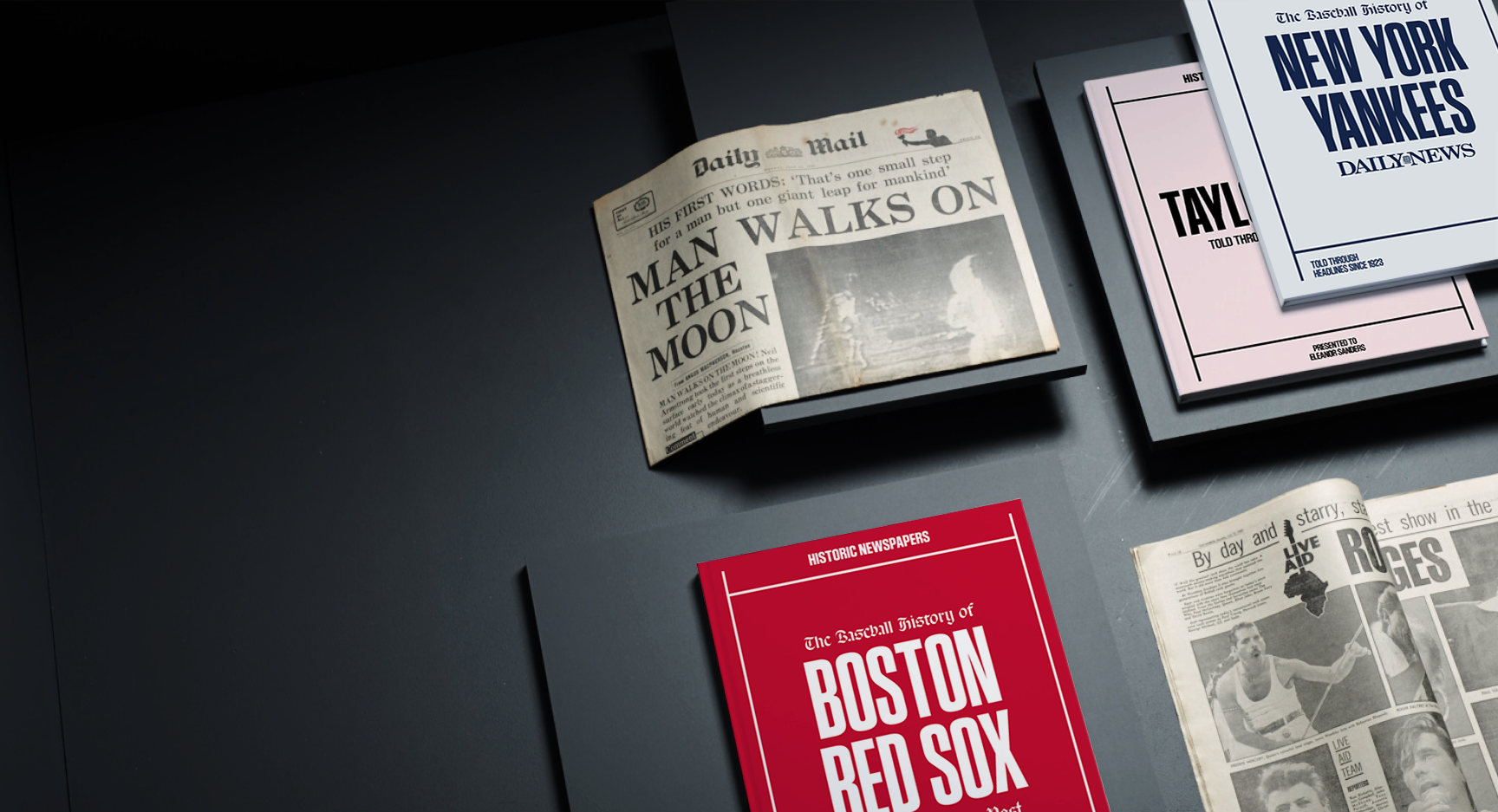
Follow us